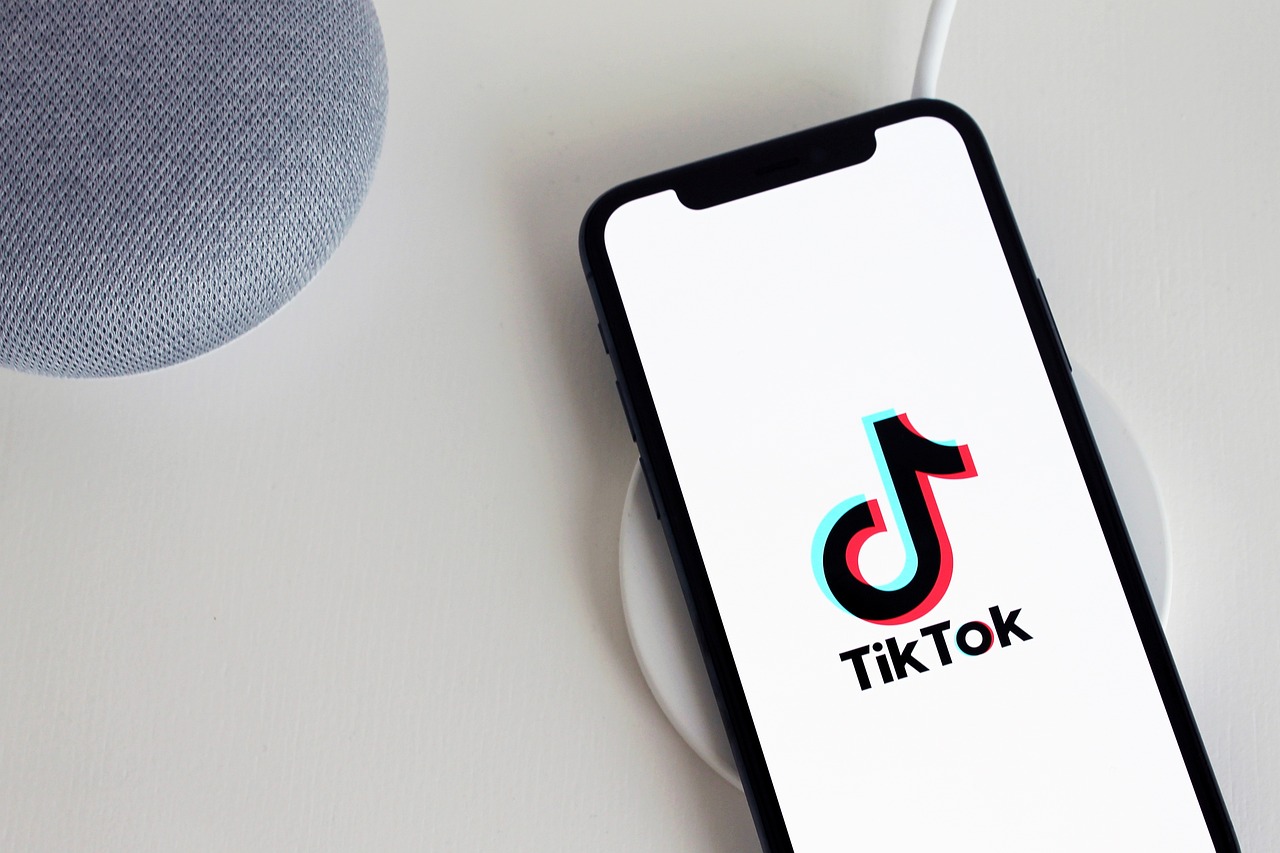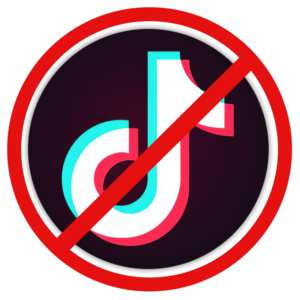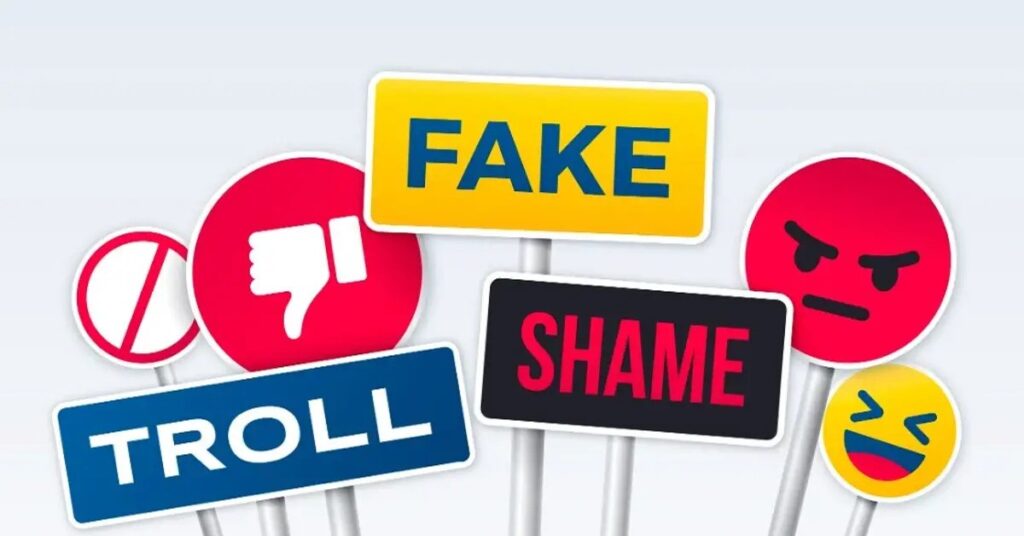In recent years, TikTok has garnered popularity as the “it” social media platform for the common men and brand names to be with it short-form videos. Marketers transformed this platform into an “it platform” for companies to conduct their social media campaigns.

TikTok has made a mark for itself in over 150 countries and 1 billion active users per month. Marketers tout the platform reaches the largest audience out of all the social media companies. TikTok does not restrict creativity. Users can get on with the various video formats for their personal and business purposes, such as short skits, lip-syncing, dancing, tutorials and comedy etc.
Moreover, TikTok is regarded as the easiest, quickest, and most reliable avenue for online creators to successfully monetize their audiences because its user base is so engaged. Creators can flip their followers, views, and likes into cold hard cash.
But the era of trending and viral videos is slowly and steadily coming to an end. Governments are implementing and contemplating the TikTok ban over data privacy concerns. In the US, lawmakers have expressed frustration over the evasive and unconvincing answers about China’s influence over TikTok, and the Chinese government’s ability to track user data via the app.

Ban a Huge Blow
The ban will have a ripple-like effect. It will hit hard, especially those creators who derive full-time revenue from the app. The ban will hit brands and influencers alike.
Sara Camposarcone, designer, stylist and content creator, believes a ban would be a huge blow. Kate Bartlett, a fashion student in New York, said that as a creator, it’s not just about losing connection with the audience, but losing a large percentage of your income.
Brooke Erin Duffy, an associate professor of communications at Cornell University and social media expert, said the proposed TikTok ban would be a crushing blow to those workers who rely upon the platform for income, and crucially social connectivity. “While creators cultivate a presence across multiple platforms, US-based rivals in the platform space, such as Instagram and YouTube don’t furnish the same potential for virality as TikTok.”
The short video app, which is owned by China’s ByteDance, has also been fruitful for organic marketing plays and viral moments, compared to rival platforms like Instagram or Facebook.
Wait and Watch
While talks of TikTok ban is dampening, some advertisers closely watching – fingers crossed. Most advertisers, as per Reuters, have not changed their spending plans on TikTok; one reason could be that discussions of a ban have been ongoing since 2020 without any result.
But renewed calls of ban have definitely caught some brands offguard. Darren D’Altorio, vice president of social media at Wpromote – a marketing agency, said renewed concerns over TikTok seem to have escalated quickly in the past few weeks. “Some clients that are publicly-traded companies have been reluctant to buy ads on TikTok since 2020, and their wariness has only continued. They say ‘we don’t want to touch this’.” Vinny Rinaldi, Hershey Co’s head of media and analytics, said the Reese’s Cup maker built a contingency plan if TikTok is shut off in the United States. Adam Telian, vice president of media services at marketing agency New Engen, believes the current situation also makes some smaller brands hesitant to experiment with ads on TikTok. He explained that people are hesitant to make that commitment and investment at a time when there is so much uncertainty around the platform.



